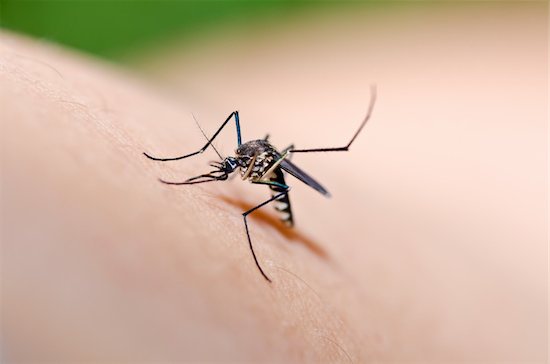What Is the Zika Virus?
The Zika virus is a disease that has recently reemerged over the past few years. Doctors discovered the disease in the Zika Forest of Uganda, during the 40’s. Over the past decade, the virus has made its way across the Pacific Ocean and to the Americas, causing an unprecedented epidemic. Find out why so many people are worried about the Zika virus, and what you should know about this troubling disease.
What Makes the Zika Virus So Dangerous?
The Zika virus is related to the dengue, yellow fever, Japanese encephalitis, and the West Nile viruses. Like many of these viruses, Zika is most commonly transmitted through mosquitoes. However, what makes the disease truly troubling is that it can also spread from mother to child, through sex, and through blood transfusions, making it a sexually transmitted disease.
People who contract the Zika virus don’t usually display any signs or symptoms of the disease. When people do show signs of the virus, the most common symptoms are fever, rash, headache, joint pain, red eyes, and muscle pain. These are mild symptoms, lasting for only a few days or a week. What makes Zika such dangerous condition is how it affects women who are pregnant. The virus can cause severe birth defects, as well as miscarriages and stillbirths.
A recent study at the published in the EMBO Journal looked into why the virus seems to affect people more during pregnancy than after. Researchers found is that low levels of an antiviral factor called interferon-induced transmembrane protein 3 (IFITM3) leave the body susceptible to the virus. IFITM3 prevents the multiplication of the virus and the cells from dying.
Preventing the Virus From Affecting You
The researchers of the Zika study hope to develop drugs in the future to prevent the destruction of cells and the virus. For now, the CDC recommends several ways to avoid contracting the virus.
- Keep Bugs Away – The first method is to keep mosquitoes away from you. Mosquitoes are the primary cause of the virus. It is advised that people wear long-sleeved shirts and pants and used EPA-registered insect repellents.
- Prep Your Home – Mosquitoes can easily invade your home. That’s why the CDC suggest keeping the air conditioner on and closing your windows and screen doors. You should also use mosquito netting to cover bedding for you and your children.
- Use Protection During Sex – Like most sexually transmitted disease, condoms and abstinence will protect you or your partners from contracting the disease.
- Avoid Traveling to Zika Areas – The CDC stresses that pregnant women should avoid traveling to areas at risk for Zika. They are more vulnerable to the dangerous effects of the virus.
Unfortunately, there is no cure for the Zika Virus. Taking these precautions will help keep you safe. The CDC is still researching a way to reduce the spread of this disease and eventually cure it. It is also important to get tested for the virus. By knowing if you are infected with the virus, you can plan for the future.

